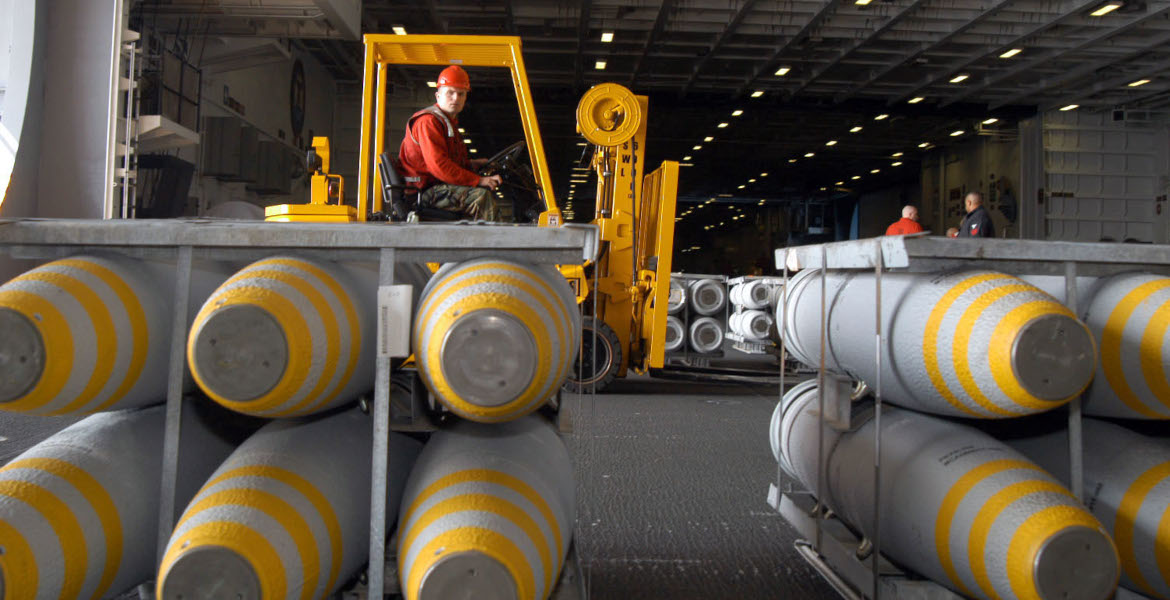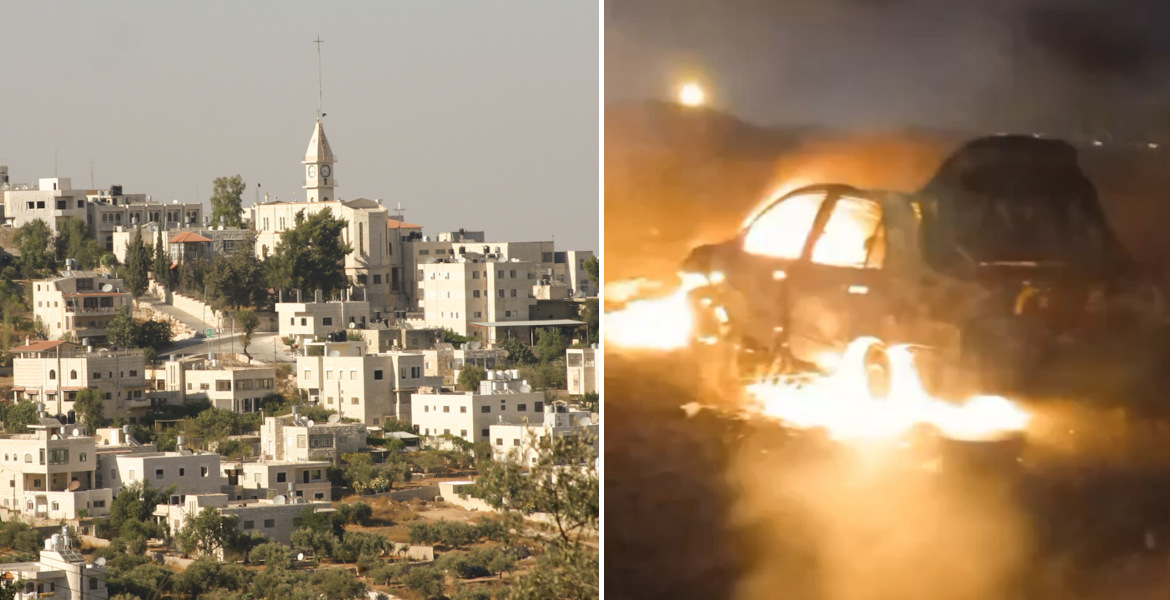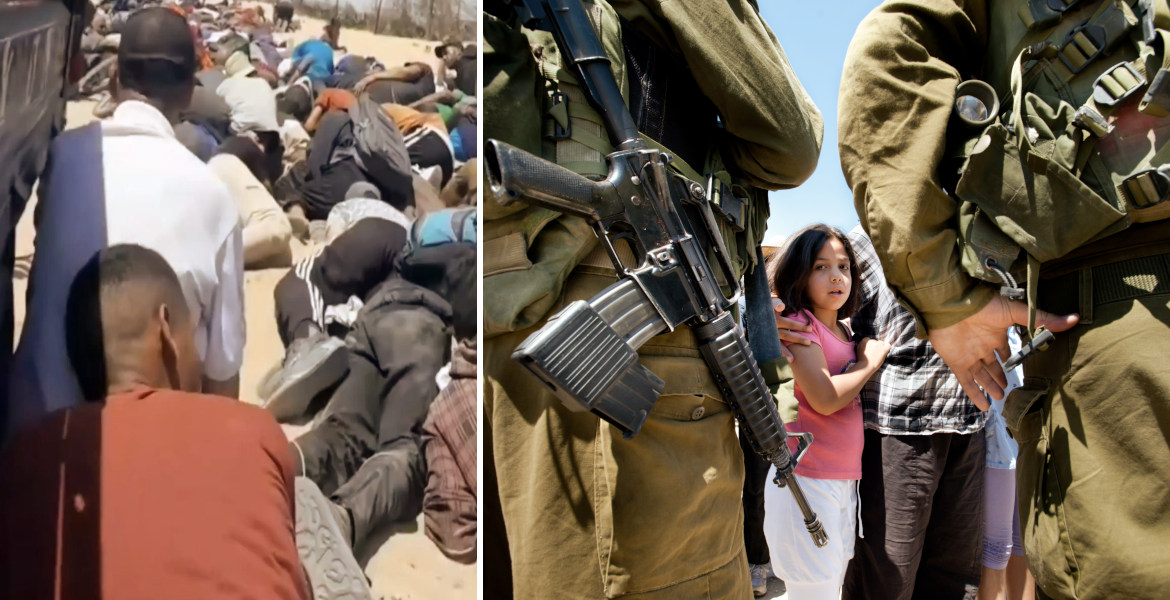In a new statement, former US President Donald Trump sharply criticizes Joe Biden’s handling of Israel’s warfare in Gaza, urging Jewish voters to re-evaluate their support for the current administration while accusing Biden of “abandoning” Israel.
In a number of recent speeches and interviews, Donald Trump has spoken out on the ongoing conflict between Israel and Hamas, strongly criticising Joe Biden’s decision to stop certain arms shipments to Israel.
The statements come as Israel looks to intensify pressure on Hamas and in the Gaza Strip. Recent days have seen the IDF, for example, escalate fighting in and around Rafah.
Trump calls Biden’s actions ”disgraceful” and urges Jewish voters to question their support for the current administration. He accuses Biden of ”abandoning” Israel and says this is a politically motivated act that damages the US-Israel relationship.
– What Biden is doing with respect to Israel is a disgraceful. If any Jewish person voted for Joe Biden they should feel ashamed of themselves. He has totally abandoned Israel. Nobody can believe it. I guess he feels good about it, because he did it as a political decision. You have to do the right decision and not the political decision, Donald Trump said in an interview last week.
“Full support”
Trump was very clear in his support for Israel and the Jewish people during his presidency. The ex-president strongly distances himself from Joe Biden’s current policy on Israel and emphasizes the importance of ”fully supporting Israel defeating, dismantling, and permanently destroying the terrorist group Hamas”.
He stresses that the US must make decisions that are in the best interests of both Israel and the Jewish people and not act on political motives that could damage the relationship between the two countries. While criticizing Biden, Trump also took the opportunity to underline his own commitment to Israel.
Trump points out that during his presidency, significant progress was made in strengthening US-Israel ties, and that he will always be a strong advocate for Israel’s security and well-being.
– If you are Jewish and vote for him, I say shame on you. He is completely gone on the other side now. He’s gone – he has let Israel go, he emphasized.
In recent weeks, Donald Trump has called on the American Jewish diaspora to elect a leader who prioritizes Israel’s security over political considerations. However, this could have consequences in the form of reduced voter support from his original supporters – the American working class.








